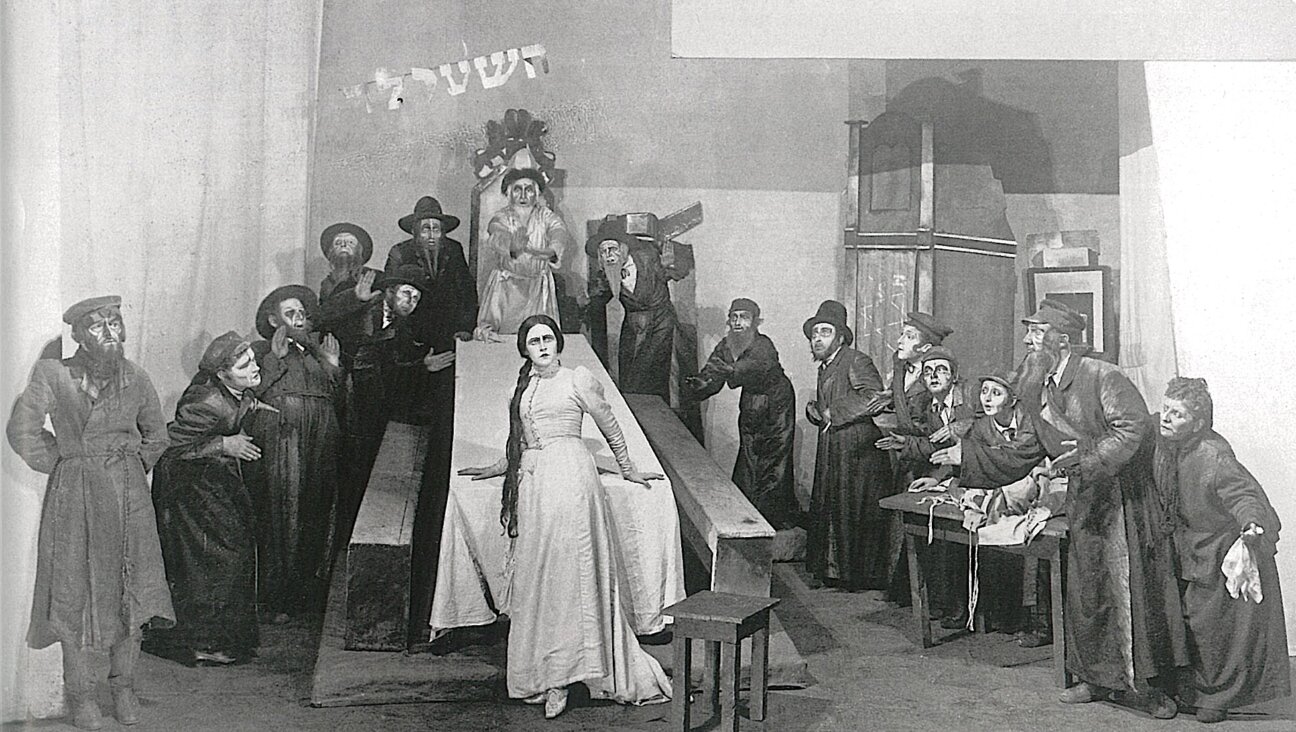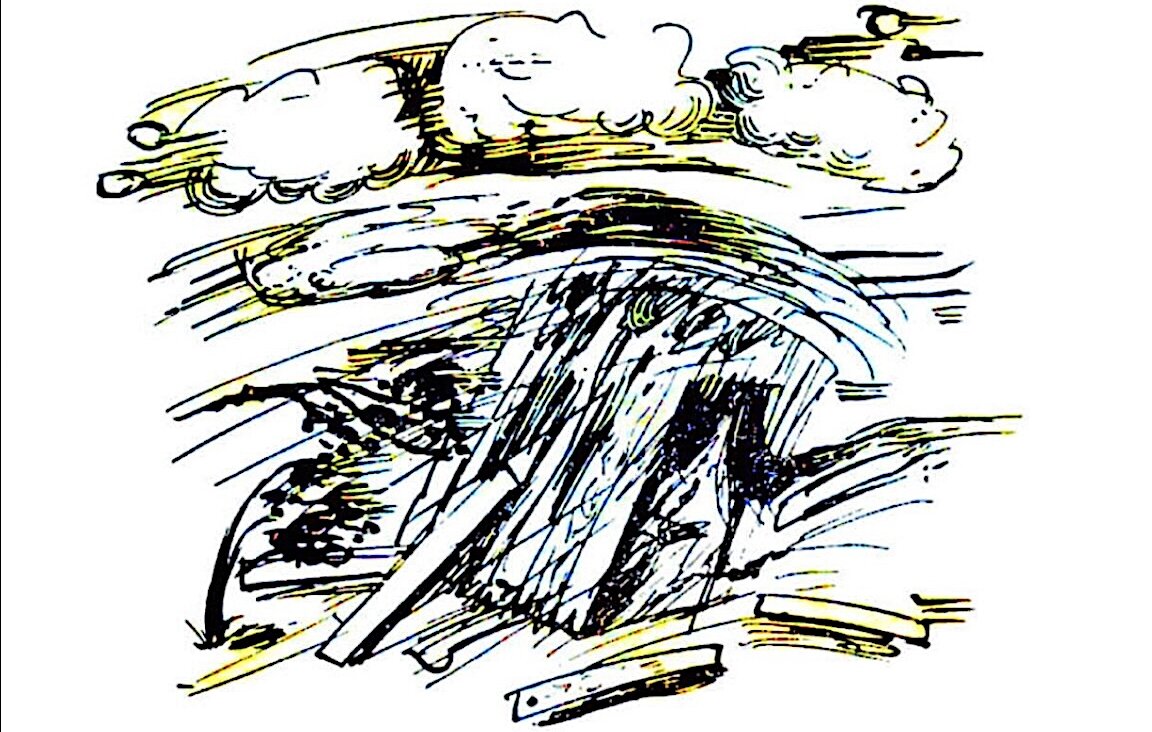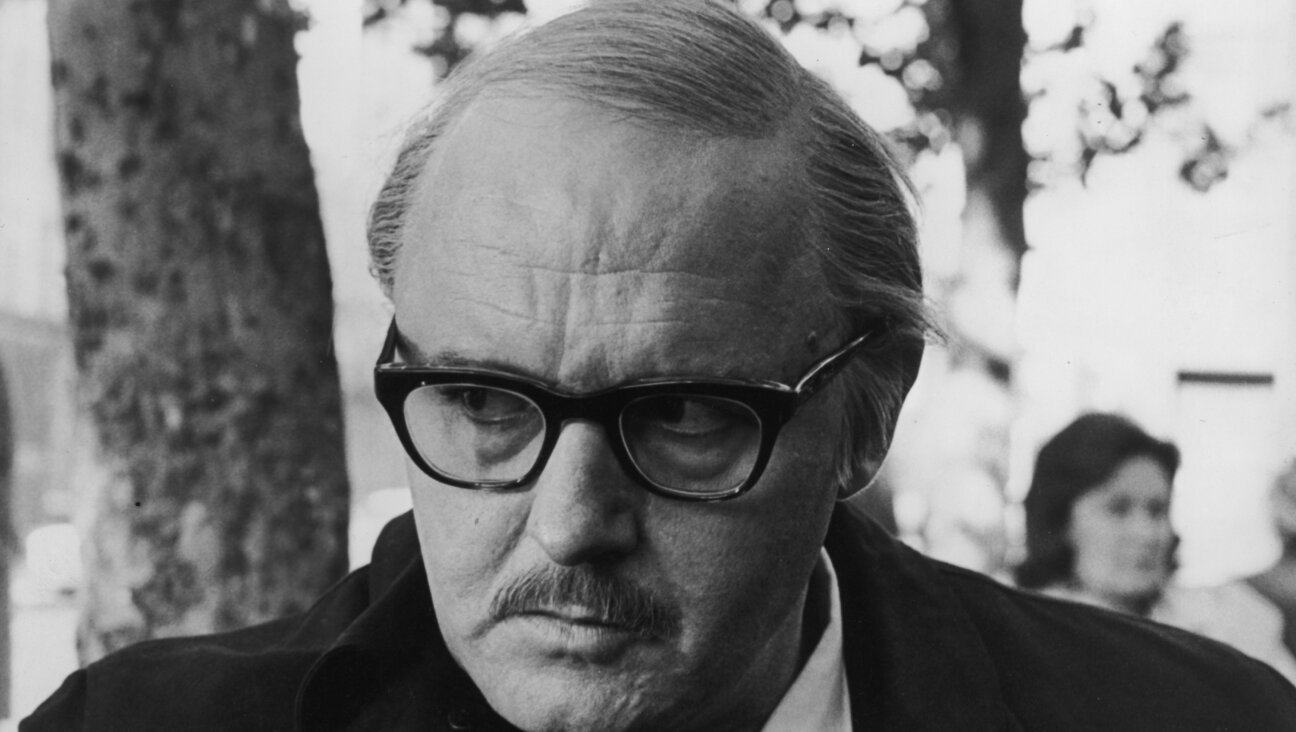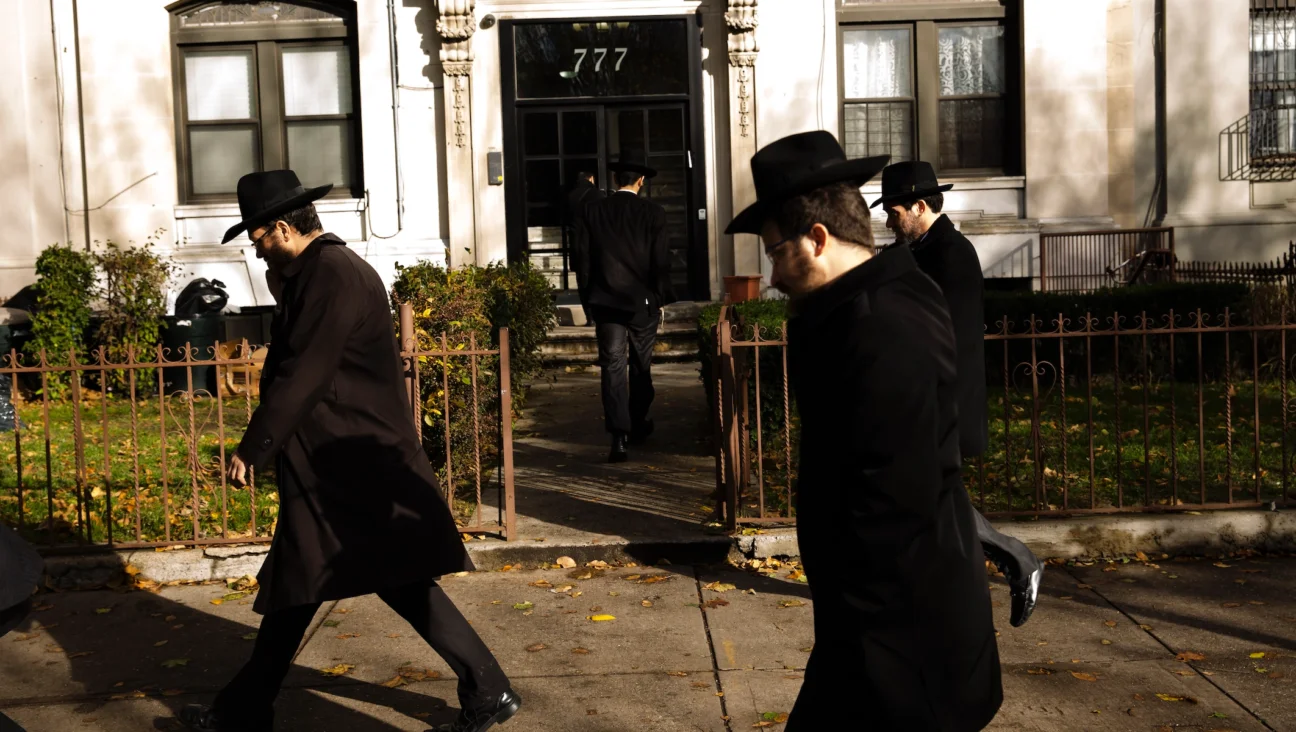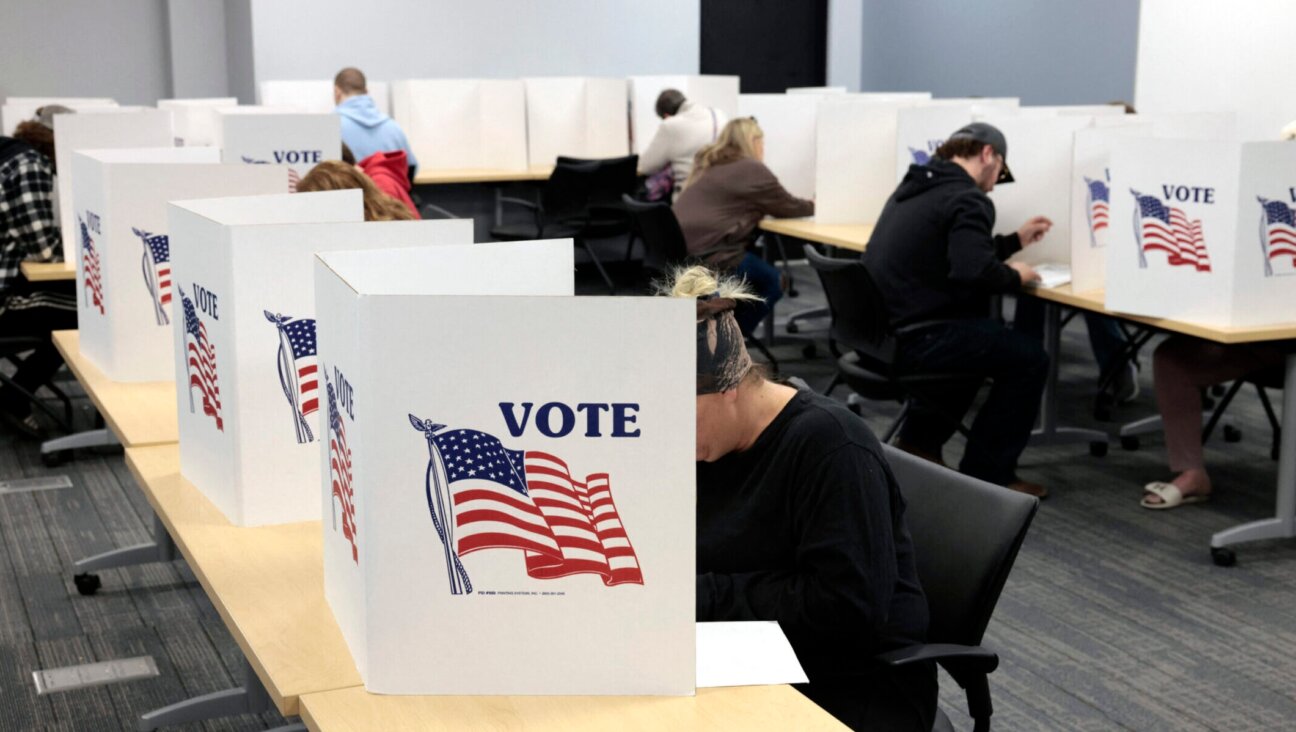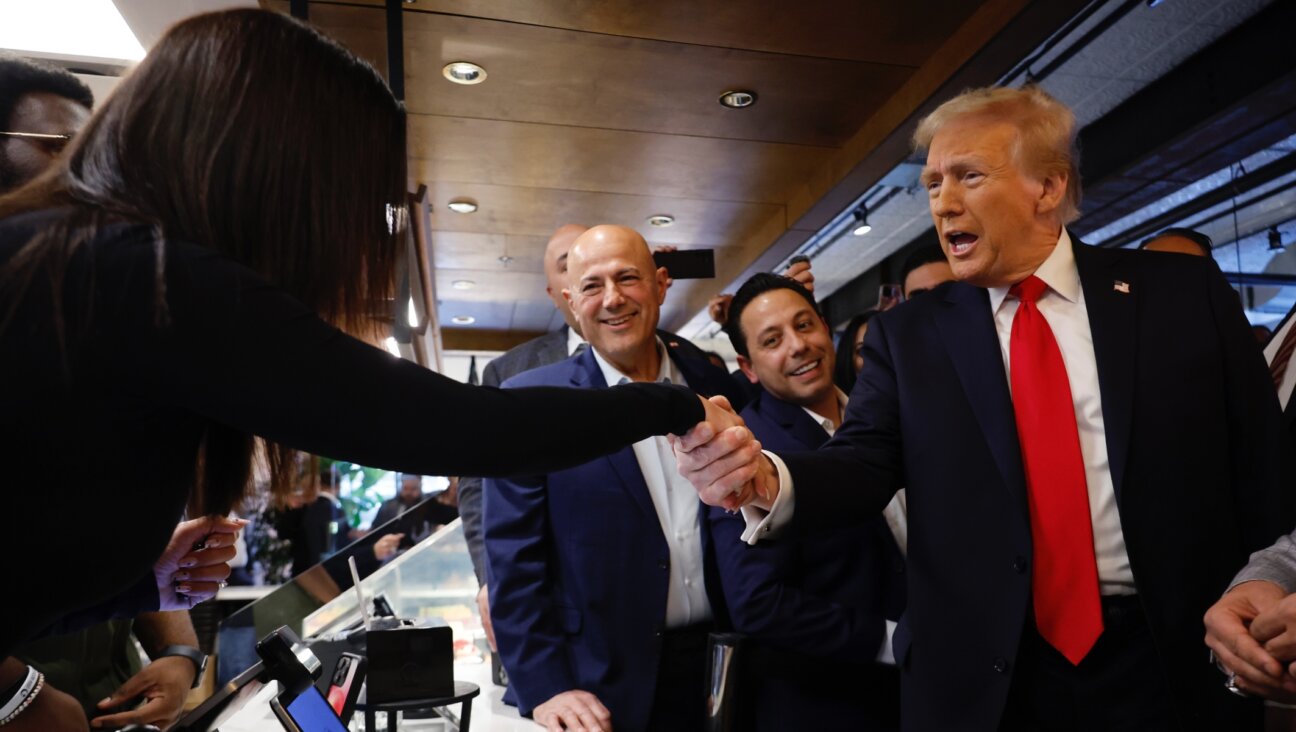Jewish couples in love even after decades together

Image by Getty Images
As the Yiddish proverb goes: “Hob mikh veyniker lib, nor hob mikh lang lib – love me less, but love me long.”
I don’t see this as a popular saying among millennials, just as it wasn’t for us yidn in di yorn (Jews getting on in years) when we were young ourselves. Being swept up in the drama of infatuation is almost an initiation rite in our twenties. But no matter how a significant relationship begins, with more passion or less, “love me long” is what most of us aim for: someone still by our side after the tumult of mating, careering, raising children and building a life.
As we age, the likelihood of being single again, through divorce and death, grows exponentially. But for those of us who have the good fortune to still have a partner that we’re actively engaged with, what does ‘love me long’ mean?
I think it starts with a belief and an investment in the idea of fashioning a life with one chosen partner. Living with someone who is not you is always a challenge. The other person acts, eats and spends money differently, and often more annoyingly, than you. This requires negotiation, some arguing, and an ultimate acceptance of that which you cannot change. If done well, those innate differences don’t overtake the affection, companionship and shared history that keep a relationship vital.
‘Love me less” should not be a deal breaker. Many long-term couples I know started out unevenly: one of the couple – the pursuer and the other – more hesitant. If a marriage is to last, that dynamic evens out over time. It doesn’t have to be 50-50, but it does involve both partners, at least some of the time, feeling grateful for the union they’ve created. Every union is unique.
Most of us couldn’t live with our friends’ partners, not because they’re deficient, but because they don’t share the rhythm and repartee we’ve managed to build up over the years.
Like a comedy duo, we want to work with the partner we’ve rehearsed with and play off of. What’s so complex in a marriage is that we’re riffing off far more complicated issues than getting a laugh.
I look around at long-term couples to see if their connection has stood the test of time. That process seems akin to the mellowing of a vintage wine. Both years and the right conditions conspire to bring out an aroma that you simply can’t find in a new bottle.
“Love me long” does not give a specific time frame. And one poignancy of any relationship is not only that they can mature, but that they will one day end. Perhaps, as we age, the touching, talking, and support we’ve relied on grow all the more precious because we know they are finite. Death, of course, but also any kind of infirmity can rob us of our loving companion and the two-person raft that has kept us afloat.
I’ve often stated that a Presidential Medal of Honor should go to couples who have been together for years and are still kind and attentive to one another. Short-term attraction is easy. Long-term love is an involved journey that asks the best of us, because we are considering someone other than ourselves, and hoping for an entity that is more invigorating and substantial than its individual parts.
A message from our CEO & publisher Rachel Fishman Feddersen

I hope you appreciated this article. Before you move on, I wanted to ask you to support the Forward’s award-winning journalism during our High Holiday Monthly Donor Drive.
If you’ve turned to the Forward in the past 12 months to better understand the world around you, we hope you will support us with a gift now. Your support has a direct impact, giving us the resources we need to report from Israel and around the U.S., across college campuses, and wherever there is news of importance to American Jews.
Make a monthly or one-time gift and support Jewish journalism throughout 5785. The first six months of your monthly gift will be matched for twice the investment in independent Jewish journalism.
— Rukhl Schaechter, Yiddish Editor







